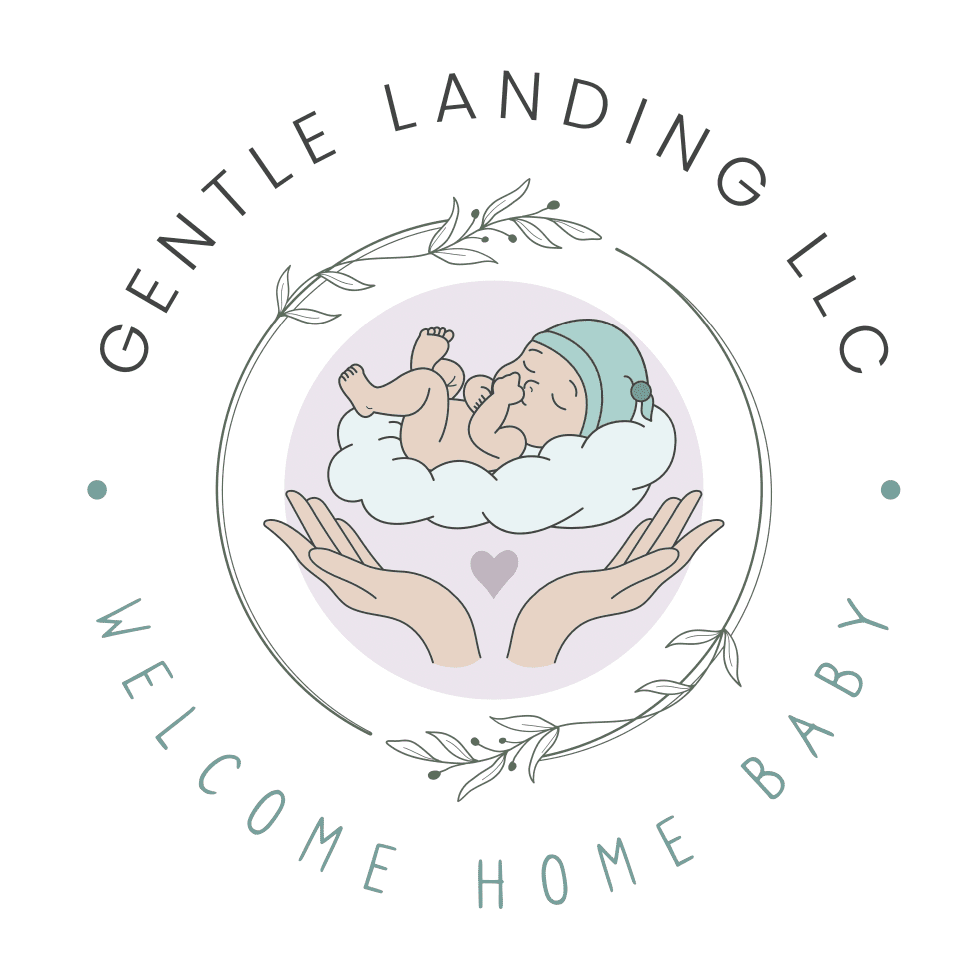Baby Blues versus Postpartum Depression

Understanding the Difference Between Baby Blues and Postpartum Depression
Bringing a new baby into the world is an emotional experience, filled with moments of joy, exhaustion, and everything in between. For many new mothers, the rollercoaster of emotions after childbirth can be overwhelming. It’s important to distinguish between “baby blues” and postpartum depression (PPD), two common but very different conditions. Understanding the difference can help new parents recognize when to seek support and when professional help might be needed.
What Are Baby Blues?
The "baby blues" refer to a brief period of emotional upheaval that many mothers experience after giving birth. It typically starts a few days after delivery and can last up to two weeks.
Common Symptoms:
- Mood swings
- Irritability
- Anxiety or worry about the baby
- Feeling overwhelmed
- Trouble sleeping, even when the baby is asleep
- Tearfulness without a clear reason
The baby blues are largely caused by the rapid hormonal changes that occur after childbirth, compounded by exhaustion and the new responsibilities of caring for a newborn. It’s a very normal response and usually resolves on its own with time, rest, and support.
What Is Postpartum Depression (PPD)?
Postpartum depression is a more severe and longer-lasting form of depression that can develop any time within the first year after childbirth. Unlike the baby blues, PPD requires medical intervention and can significantly impact a mother's ability to care for herself and her baby.
Common Symptoms of PPD:
- Persistent feelings of sadness, hopelessness, or emptiness
- Lack of interest in the baby or feeling disconnected
- Severe anxiety or panic attacks
- Difficulty bonding with the baby
- Intense fatigue or loss of energy
- Changes in appetite (eating too much or too little)
- Withdrawing from loved ones or feeling isolated
- Thoughts of self-harm or harming the baby
Unlike the baby blues, which tend to pass quickly, postpartum depression can last for months if left untreated. If these symptoms persist for more than two weeks or worsen over time, it’s important to seek help from a healthcare provider.
Key Differences Between Baby Blues and Postpartum Depression
Baby Blues Postpartum Depression
Affects up to 80% of new moms | Affects 10-15% of new moms
Starts within 2-3 days after birth | Can begin anytime in the first year after childbirth
Lasts about two weeks Lasts longer than two weeks and can persist for months
Symptoms are mild and manageable | Symptoms are more intense and interfere with daily life
No medical treatment needed Requires treatment (therapy, medication, or both)
When to Seek Help
While baby blues usually fade on their own, postpartum depression is a serious condition that requires attention. If you or someone you know is experiencing persistent symptoms of depression, it’s important to seek help from a healthcare provider. Early treatment can make a big difference in recovery, ensuring both the mother and baby are well-supported.
Treatment Options for Postpartum Depression
Treatment for PPD often includes a combination of therapy, support groups, and, in some cases, medication. Talking to a mental health professional can help mothers understand and manage their emotions during this difficult time. It’s also important for partners and loved ones to offer ongoing support and encourage mothers to seek the help they need.
While baby blues are a normal and temporary emotional response to the challenges of early motherhood, postpartum depression is a more serious condition that requires professional care. Recognizing the difference between the two is essential for the well-being of both the mother and her baby. If you're experiencing feelings that are overwhelming or persistent, know that help is available, and reaching out is the first step toward recovery.
Contact Us
How Can I Help You?
Feel free to reach out to me with any questions, inquiries, or to schedule a consultation. Your journey is unique, and I'm here to provide personalized support every step of the way. Contact me today to start your gentle landing into parenthood.
